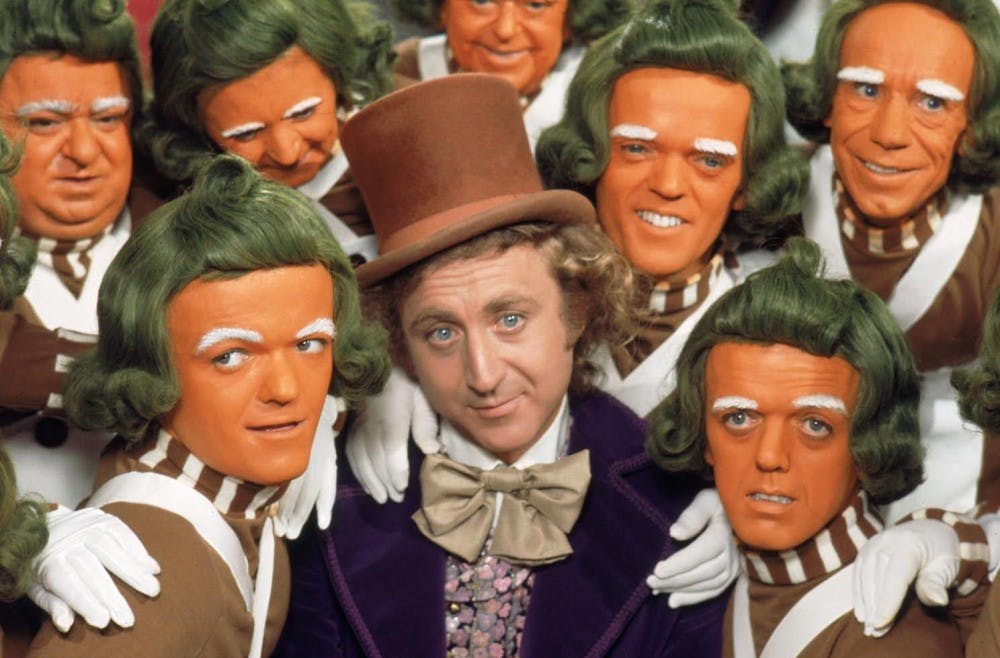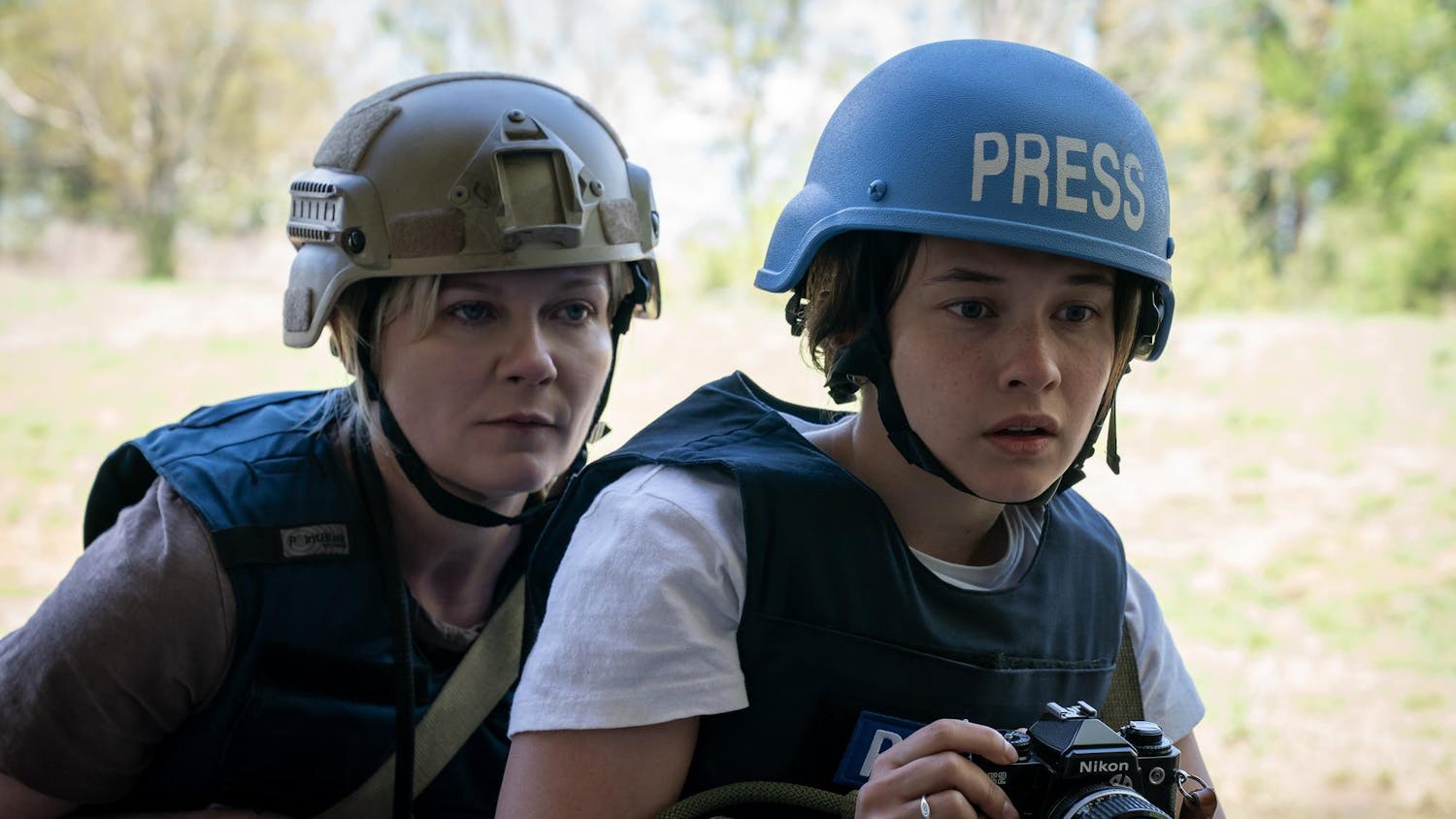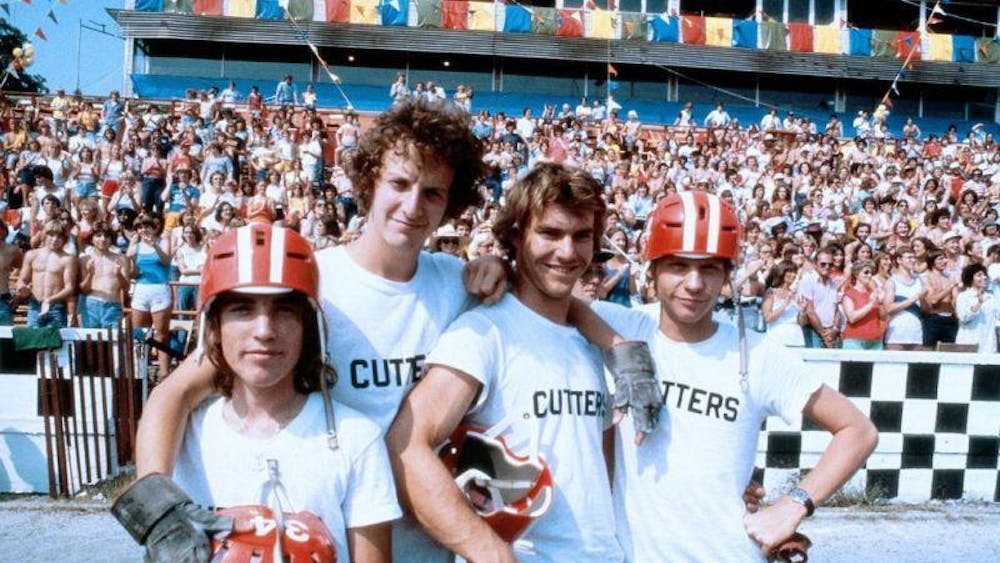I remember the day Robin Williams died.
It was the day before my first day of junior year of high school. I was sitting in my room when my parents called me over to look at a Yahoo! News article with the headline, “Robin Williams Dead of Apparent Suicide at 63.”
The thought of him being gone was simply surreal.
How could Williams, the man whom so much of the world considered to be the embodiment of happiness and youth, suddenly die? To all of us, he was immortal.
We all thought the same thing about David Bowie, Prince and Alan Rickman, too, and look how that’s working out for us. 2016 seems to be one massive open season against nostalgic celebrities – everyone is fair game.
The death of Gene Wilder on Monday added to the list of losses.
He joined comedians George Carlin, Richard Pryor, Rodney Dangerfield, Johnny Carson and, of course, Williams. If there is a heaven, it must be roaring with laughter right now.
Few comedy actors have a repertoire quite as impressive as Wilder’s. “Bonnie and Clyde,” “The Producers,” “Willy Wonka and the Chocolate Factory,” “Blazing Saddles” and “Young Frankenstein” are only some of his greatest achievements.
How can you argue with a resumé like that?
Comedians are a strange bunch of people, and, as we have slowly come to know over the last few years, they are also some of the saddest in the world.
They try to make others happy because it’s sometimes the only way they can be happy themselves.
Wilder’s reason for entering the comedy world was not out of a desire for fame, wealth or personal enjoyment — it was for love.
When he was eight 8 years old, his mother was diagnosed with rheumatic fever. He was told by his mother’s doctor that upsetting his mother could be fatal to her health.
Instead, he was asked to try and make her laugh. So he did.
He would perform various comedic acts and tell jokes to his mother, much to her delight. His comedic ability continued to grow stronger and stronger right up until his mother’s death when he was 14.
The loss of his mother tore him apart, and it only got worse from there.
His marriage with actress Gilda Radner, a romance as cinematic as the industry for which they worked, was suddenly cut off by Radner’s ovarian cancer almost five years after they made their marriage vows.
Suddenly, he was torn with grief. The very moment he thought he was free, he was dragged right back in.
Wilder suffered much in his life.
Perhaps this is why he eventually retreated into retirement in the late 1990’s and became a writer. He was a defeated man. There were no laughs given or heard. The comedy was over.
Of course, this doesn’t mean it has to be over for the rest of the world.
As destroyed as this man was internally, he was profoundly joyous externally. No other artifact on this earth better emphasizes this than the song “Pure Imagination” from “Willy Wonka.”
While not a song he wrote himself, it beautifully articulated allowing dreams to become as concrete as Wonka’s wondrous chocolate factory.
It’s the musical equivalent to Dr. Seuss’s “Oh! the Places You’ll Go,” and the song had a significant impact not only on myself, but a countless number of fans as well.
There comes a time in all of our lives when we simply stop hearing the music. Until then, we just have to keep dancing and loving and remembering.
So in times of doubt or mourning, remember the wise words Wilder left us in “Pure Imagination.”
“If you want to view paradise / Simply look around and view it / Anything you want to, do it / Want to change the world? / There’s nothing to it.”
Rest in peace, Mr. Wilder. Thank you for bringing us into your world of pure imagination.
afaulds@umail.iu.edu






